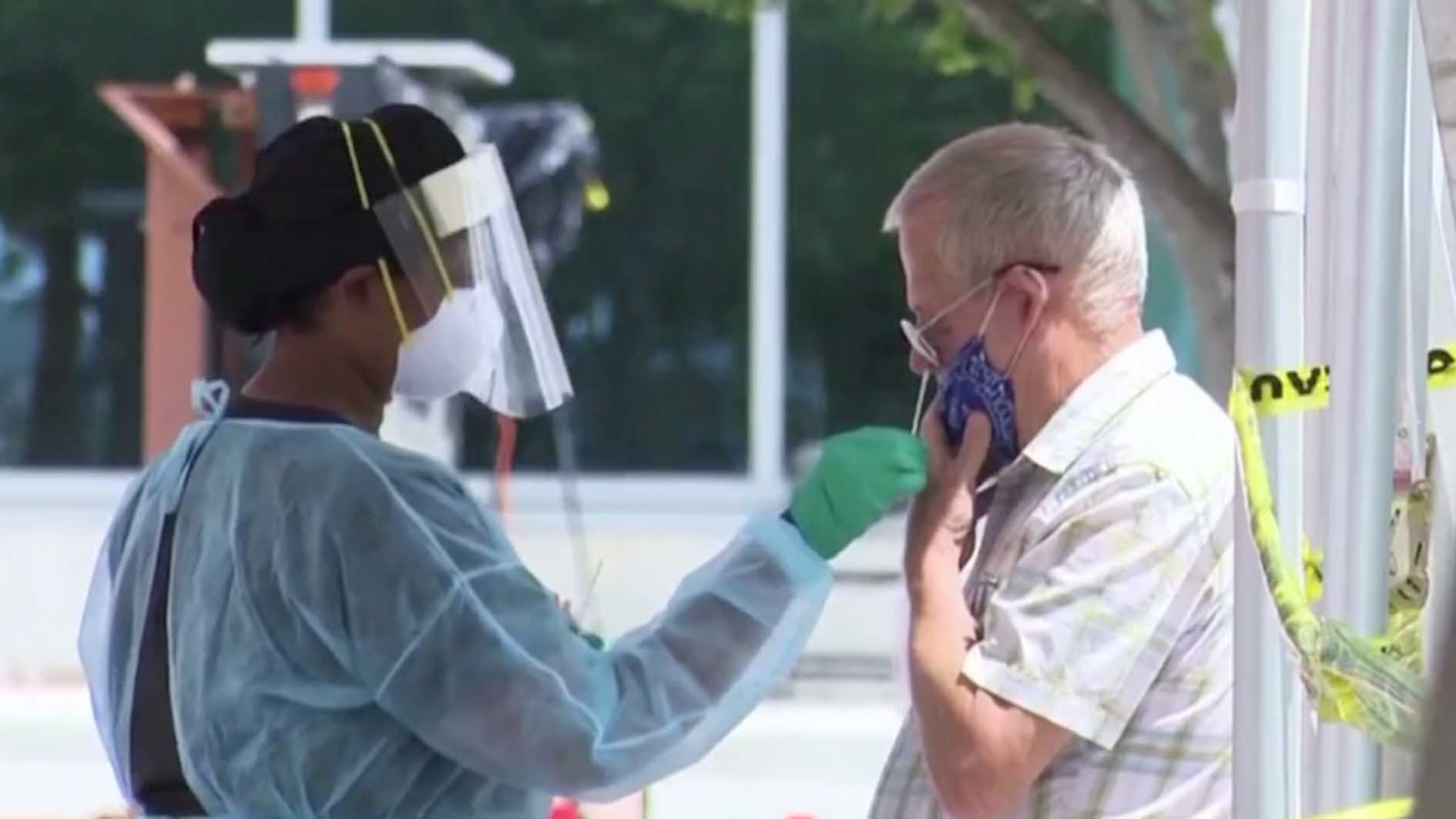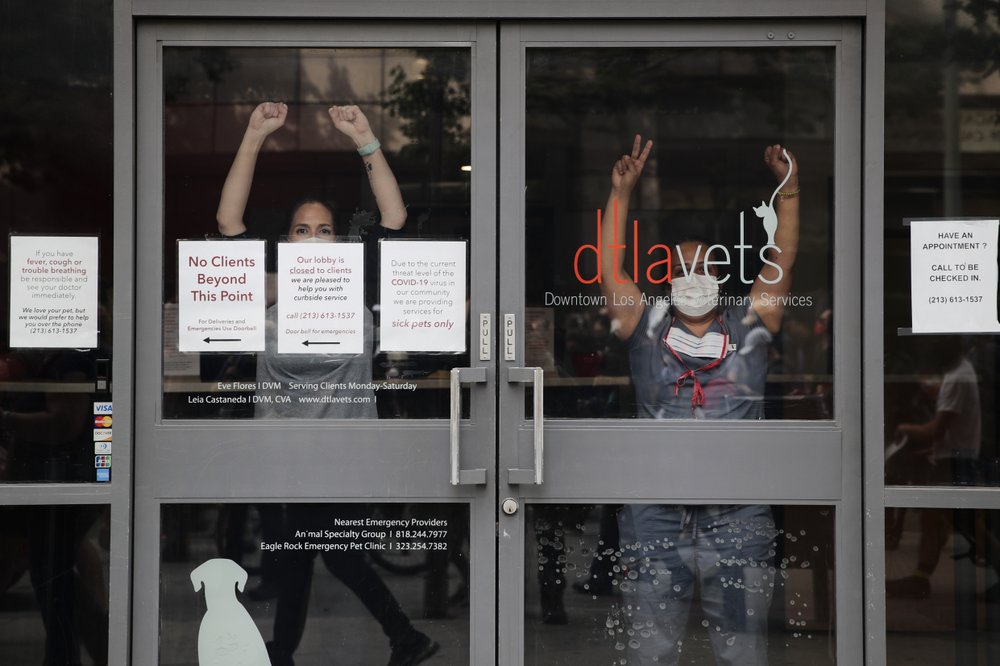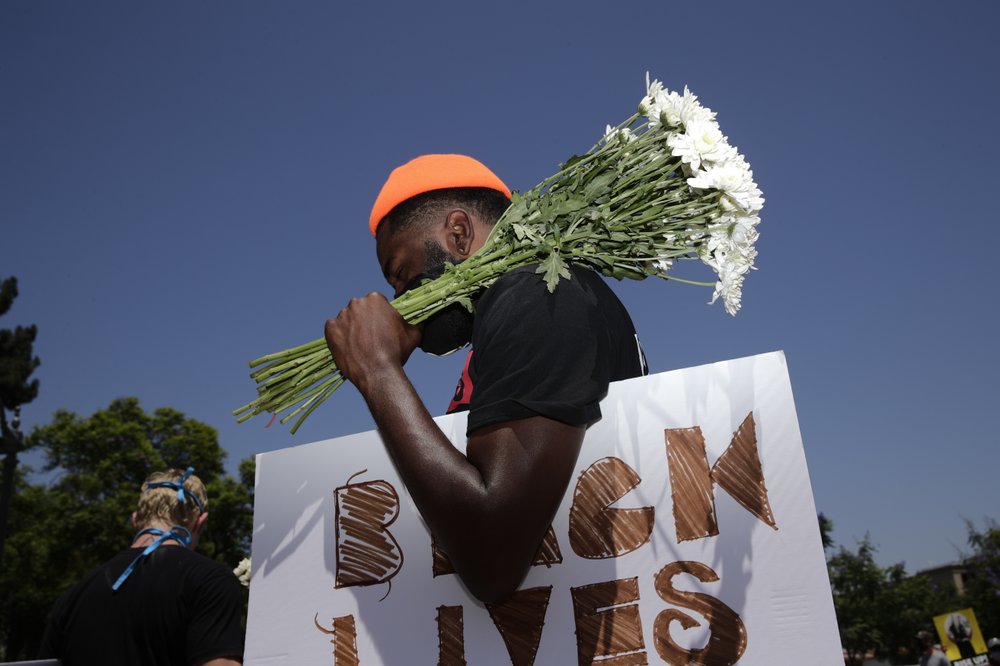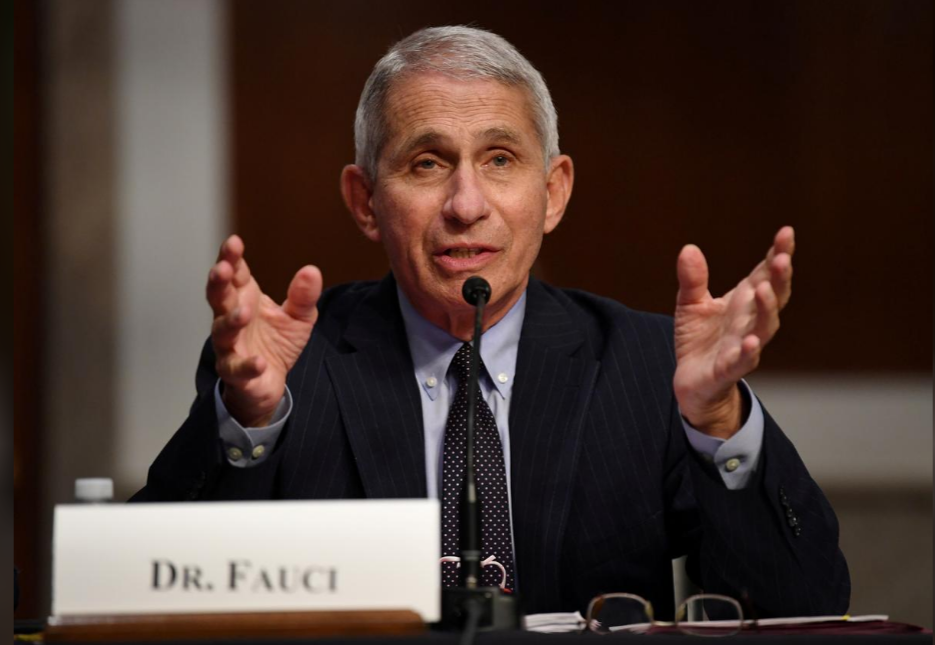01:50

Editor's note: This is the 93rd article in the COVID-19 Global Roundup series. Read the previous one here.
On this particular gloomy summer day, thousands of service industry workers, fast-food chain owners, gig economy employees, nurses, doormen, cleaners, delivery men and women walked off their jobs to protest systemic racism and economic inequality, staging demonstrations across the U.S. seeking better treatment of Black Americans in the workplace.
20,000 workers in 160 cities participated in strikes in support of the Black Lives Matter movement, which has gained fresh momentum following the May death of the African American George Floyd.
In this unprecedented period with millions sickened and more than 140,000 dead from COVID-19 in the U.S., voices fighting systemic racism are demanding to be heard, even as the virus jeopardizes people's lives.

A national coalition of labor unions, along with racial and social justice organizations, stage a mass walkout from work as part of an ongoing reckoning on systemic racism and police brutality in the U.S. /AP
A national coalition of labor unions, along with racial and social justice organizations, stage a mass walkout from work as part of an ongoing reckoning on systemic racism and police brutality in the U.S. /AP
Racism, recession
The "Strike for Black Lives" participants nationwide broadly demanded action by corporations and the government to confront racism and inequality that limit mobility and career advancement for many Black and Hispanic workers, who make up a disproportionate number of those earning less than a living wage.
In San Francisco, 1,500 janitors walked out and marched to City Hall. Fast-food cooks and cashiers in Los Angeles and nursing home workers in St. Paul, Minnesota, also went on strike.
In Manhattan, more than 150 union workers rallied outside Trump International Hotel to demand the Senate and President Donald Trump adopt the HEROES Act, which provides protective equipment, essential pay and extended unemployment benefits to workers who cannot work from home.
In New Jersey and Connecticut, organizers said 6,000 workers at 85 nursing homes walked off the job or took other actions to highlight how predominantly Black and Hispanic workers and residents they serve are at risk without proper protective gear during the pandemic.
In Massachusetts, about 200 people, including health care workers, janitors and other essential employees, joined Democratic U.S. Senate candidates in front of the Statehouse in Boston.
In Detroit, hundreds of nursing home workers walked off the job, demanding higher wages and more safety equipment to keep them from catching and spreading the virus, as well as better health care benefits and paid sick leave.

People under personal financial hardship won't keep silent. /AP
People under personal financial hardship won't keep silent. /AP
The pandemic "is causing tremendous human and economic hardship across the United States," according to policymakers at America's central bank.
The calls for higher wages and allowing workers to unionize to negotiate better health care, sick leave and child care support, reflect long-held dissatisfaction of socioeconomically weaker groups. To make matters worse, surging coronavirus case numbers are deterring Americans from going back to work but they may not have a choice as financial aid dries up.
00:37

Reopen, reelection
Has the COVID-19 pandemic changed the status quo of partisan political conversations in the U.S.?
The national strike calling for racial and employment equality offers an answer, indicating some blurred lines between economics and politics, government and corporations, and minimalist and interventionist state.
Meanwhile, the U.S. government's handling of the pandemic is not winning over the American public.
Earlier this week, the Trump administration took control of data collection on COVID-19 hospitalizations in the United States from the Centers for Disease Control and Prevention (CDC), raising questions about whether the information will be politicized as cases in the U.S. surge and deaths rise. Patient information will then be sent to a new central database in Washington, DC, run by the U.S. Department of Health and Human Services instead of the CDC.

Dr Anthony Fauci testifies during a Senate hearing on Capitol Hill in Washington. /Reuters
Dr Anthony Fauci testifies during a Senate hearing on Capitol Hill in Washington. /Reuters
Trump is seizing on the opportunity to exploit the pandemic for political gains, especially in an election year.
His policies are about the government steering business to nationalist objectives, while also pushing government planning and investment in large infrastructure projects.
The president's insistence on reopening the economy and schools have ignited a fierce debate across the country amid the resurgence of the coronavirus, as global health officials warned that the pandemic will intensify unless more countries adopt comprehensive plans to combat it.
The COVID-19 will likely be a big factor in the November presidential election, and as it's not going away soon, Trump is running short on time to reverse the tide.
(With input from agencies)